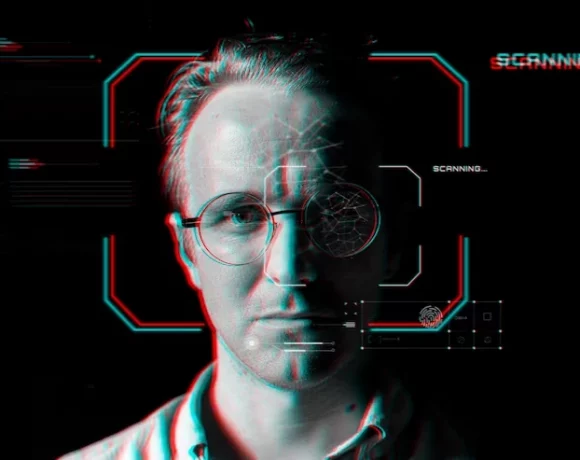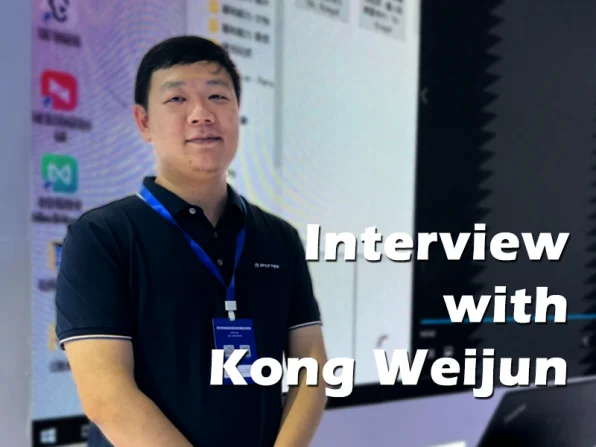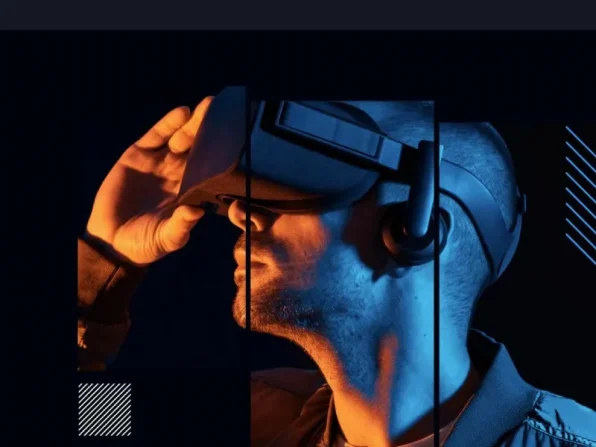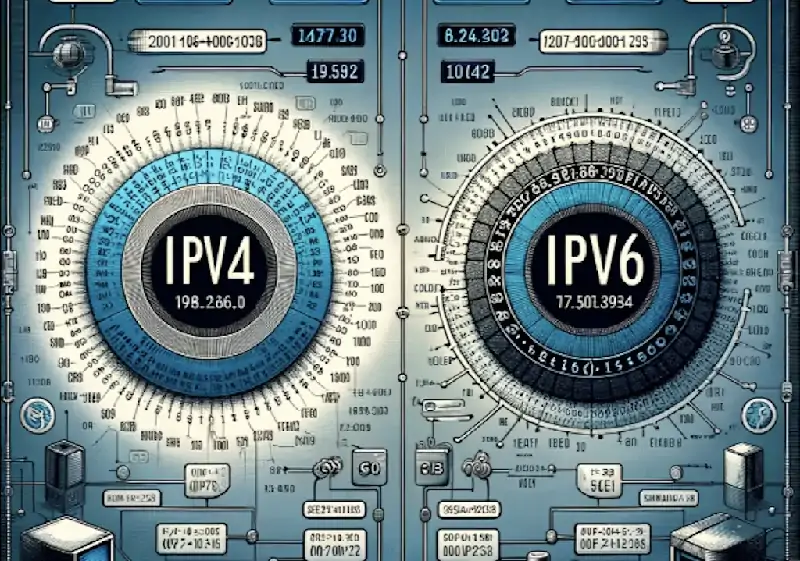- AI and automation in the workforce promise increased productivity, cost savings, enhanced decision-making, improved quality and consistency, and scalability for businesses across various industries.
- AI and automation face many challenges including potential job displacement, the need for new skills, ethical considerations, security concerns, and the necessity for effective organisational integration.
- Both businesses and workers should make efforts to prepare for the future of AI and automation in the workforce.
The rapid advancement of artificial intelligence (AI) and automation technologies is reshaping the workforce landscape. As these technologies continue to evolve, they promise to revolutionise industries, improve efficiency, and create new opportunities. However, they also pose challenges that need to be addressed to ensure a smooth transition.
Benefits of AI and automation in the workforce
Increased productivity: AI and automation can handle repetitive and time-consuming tasks more quickly and accurately than humans. This allows workers to focus on higher-value activities that require creativity, problem-solving, and strategic thinking.
Also read: Deep learning in computer vision: Revolutionising AI applications
Cost savings: Automating routine processes can lead to significant cost savings by reducing the need for manual labour and minimising errors. Businesses can allocate resources more efficiently and invest in innovation and growth.
Also read: 5 types of AI hardware driving tomorrow’s intelligent machines
Enhanced decision-making: AI systems can analyse vast amounts of data to provide actionable insights, enabling better decision-making.
Improved quality and consistency: Automation ensures that tasks are performed consistently and to a high standard, reducing the risk of human error. This is particularly important in industries where precision and quality are critical, such as healthcare and manufacturing.
Scalability: AI and automation technologies can easily scale to handle increasing workloads without compromising performance. This scalability is essential for businesses looking to expand and adapt to changing market conditions.
The challenges of AI and automation
One of the most significant concerns surrounding AI and automation is the potential for job displacement. As machines take over routine tasks, some jobs may become obsolete, leading to workforce displacement and economic disruption.
The adoption of AI and automation requires a workforce with new skills and expertise. There is a growing need for workers who can develop, implement, and manage these technologies. Addressing the skills gap through education and training is crucial to ensure a smooth transition.
AI systems must be designed and implemented responsibly to avoid ethical issues, such as bias and discrimination. Additionally, ensuring the security of AI systems is vital to protect against cyber threats and maintain data privacy.
Integrating AI and automation into existing processes requires significant changes in organisational structures and workflows. Businesses must manage this transition effectively to avoid disruption and ensure that employees are on board with the changes.
Preparing for the future of AI and automation
For businesses: Stay ahead of the curve by investing in AI and automation technologies that can enhance your operations and provide a competitive edge. Upskill your workforce to ensure they have the necessary skills to work alongside AI and automation. Offer training programs and encourage continuous learning. Foster a culture of innovation where employees are encouraged to explore new ideas and technologies. Implement AI systems responsibly, with a focus on ethical considerations and data security.
For workers: Continuously update your skills to stay relevant in a rapidly changing job market. Focus on developing skills that complement AI and automation, such as creativity, critical thinking, and problem-solving. Keep up to date with the latest trends and developments in AI and automation. Understanding how these technologies impact your industry can help you adapt and prepare for the future. Look for opportunities to work with AI and automation technologies. Gaining hands-on experience can enhance your employability and career prospects.









